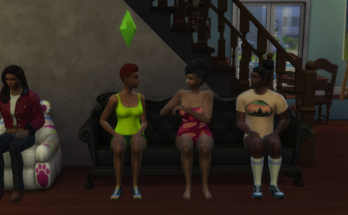By Daniela Meza
On Election Day, our Online Feminist Spaces class conducted a survey of people asking why or why not they had voted in this year’s election and asked them to write their thoughts on a poster we had made. We wanted to find out if and why students and young people in general feel apathetic about the voting process and politics in general, a sentiment we had seen within our own class. In our survey, we were hoping to get people to reflect on their choices and their role in a democratic nation.
Unlike our class, our findings did not reveal an overwhelming amount of apathy. Instead, most people that voted said they did it because it was their duty. They claimed, “It’s just what you do.” Some people had specific motivations for voting, including the protection of women’s rights, the economy, and health care. For those that didn’t vote, it was mostly for logistical reasons and missed paperwork for absentee ballots. Many people had not received their absentee ballots despite having turned in their paperwork on time, which was pretty disturbing.
As far as the actual interactions, the fact that we had gathered as a group made it easier to approach people and ask them for their opinions. Many people were caught off guard, but agreed to participate. A few avoided eye contact and did not respond. For me it was an interesting experience when thinking about how this would have played out on the Internet. Most people could not turn us away because of the face-to-face interactions. On the Internet, anyone could have scrolled past our post and ignored our question. But making it face-to-face allowed us to engage with more people and have some accountability. In activism, having accountability allows for more productivity because it requires engagement from the people around it. I think having this event and conducting this survey was very useful for our own growth and politics, but also productive in that it made people around our community think critically about an important action.

